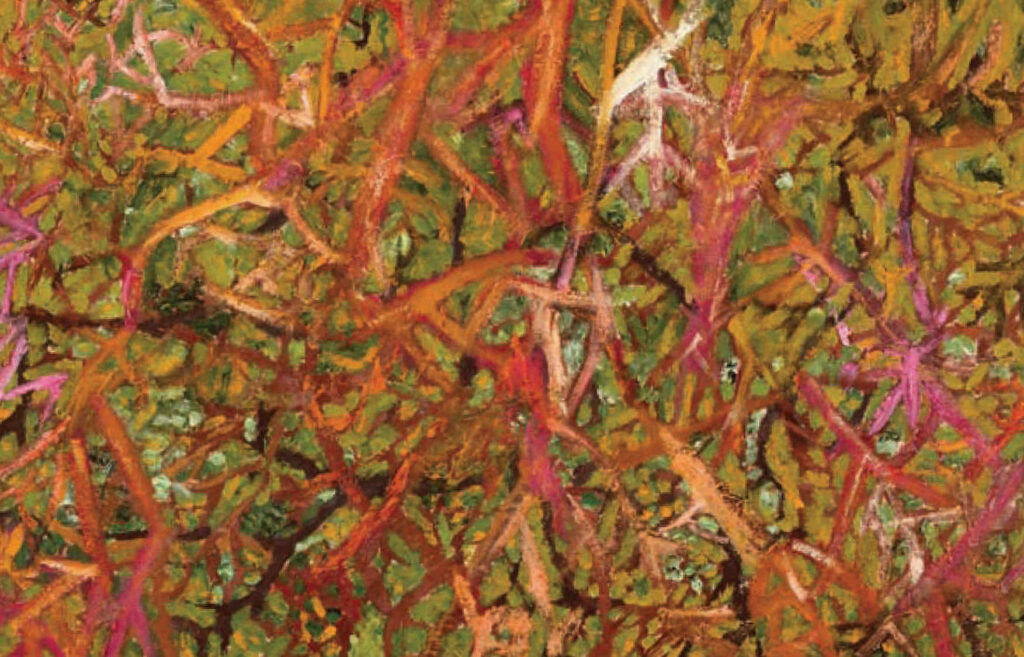Elegy
Mary Jo Bang
Graywolf Press, $20 (cloth)
Mary Jo Bang’s fifth poetry collection, Elegy, winner of the 2007 National Book Critics Circle Award, presents sixty-four lyrics written in the year following her thirty-seven-year-old son’s death from an accidental drug overdose. Like the great elegists before her (Milton, Shelley, Tennyson, etc.), Bang enlarges a personal tragedy into a universal one, as she testifies to the powers of memory and poetry to contend with loss. At the same time, she scorns the easy consolations of a traditional religious faith. Bang repeatedly apostrophizes her dead son as if in a desperate attempt to reconnect with him and bring him—if only provisionally—back to life. Her stark free-verse elegies present strange images and startling tropes and are characterized by insistent sound patterns and suggestive enjambment: “More days // With an off-white ice rink sky / Of winter waiting”; “A flat gradation of gray // With a hint of silver mirror decay.” The author’s skeptical vision sweeps the poems clean of any faith in the afterlife: “There is no waking // Up from death. That’s the pity. / The dead leave what could be / Next unfinished.” For Bang, language is a medium inadequate to express our profoundest grief (“Words keep slipping away, so many / Ice blocks in a scene of whiteness”), and yet every successful poem survives as an “Incomplete labyrinth // Of finished thought” that serves to memorialize, however partially, its subject. Bang tries valiantly to avoid the decline into sentimentality not uncommon in intimate, personal elegies. Nonetheless, she sometimes takes a wrong turn, as in “You Were You Are Elegy,” which deteriorates into platitudes: “I loved you. I love you. You were. / And you are.” Finally, the mourner faces her tragedy with a wisdom tempered by resignation: “How changed we are. / Otherwise no longer exists. / There is only stasis, continually / Granting ceremony to the moment.”







